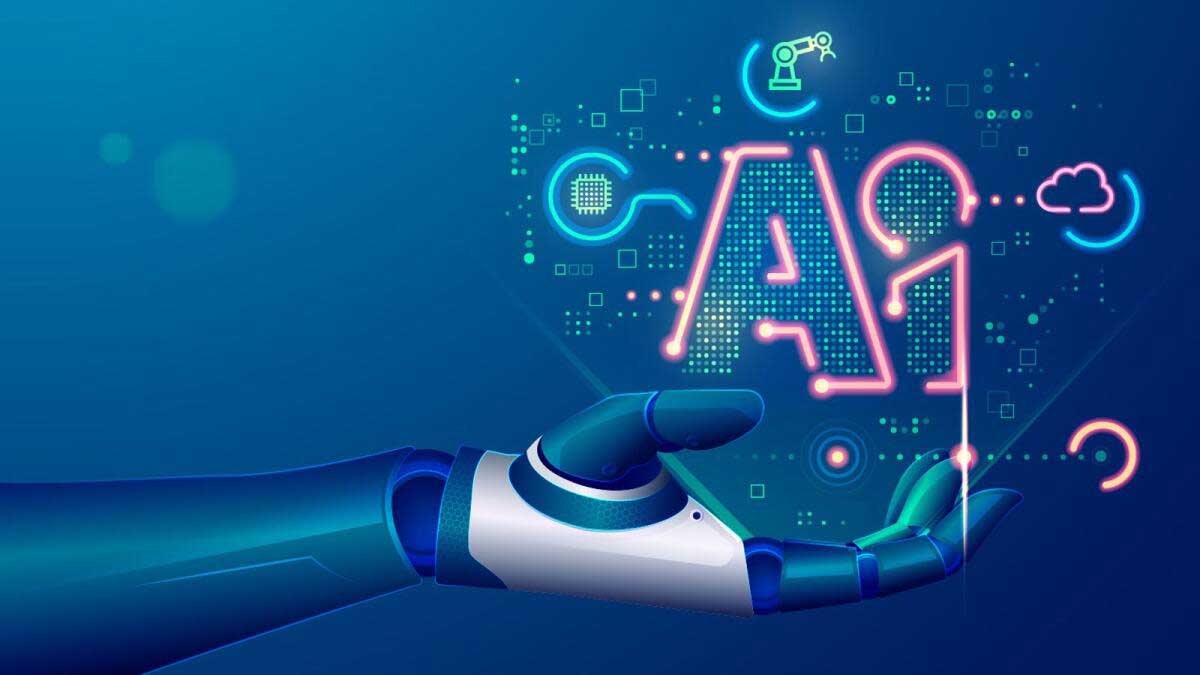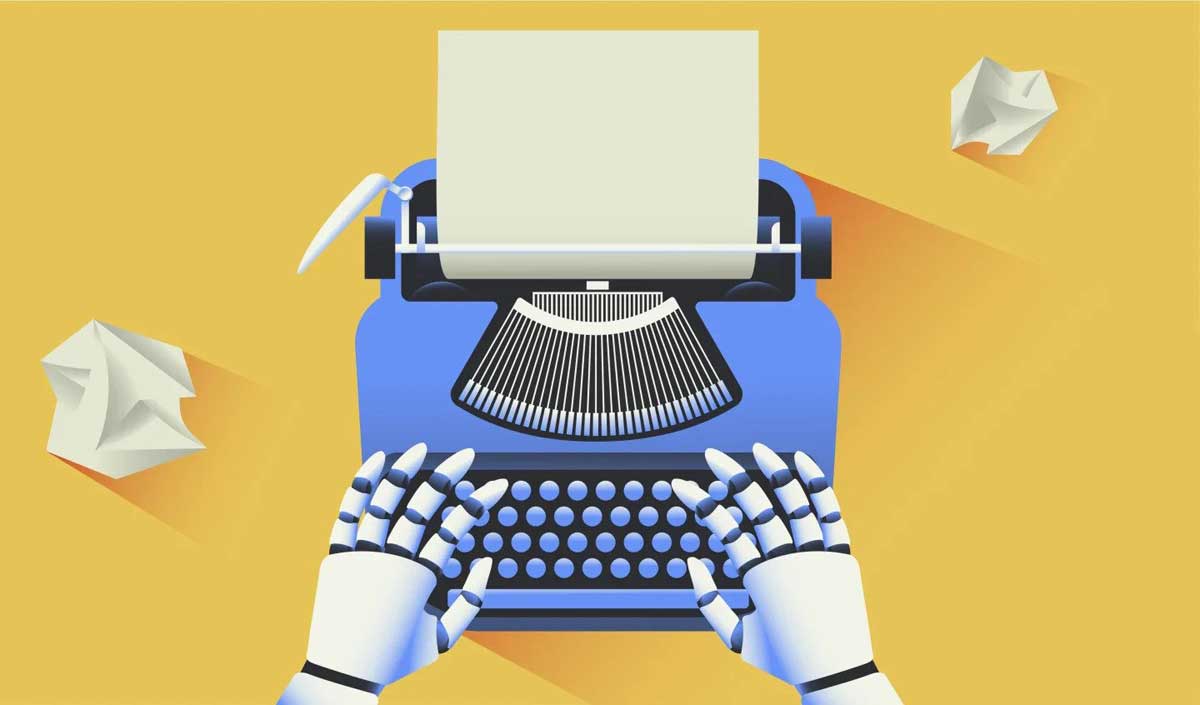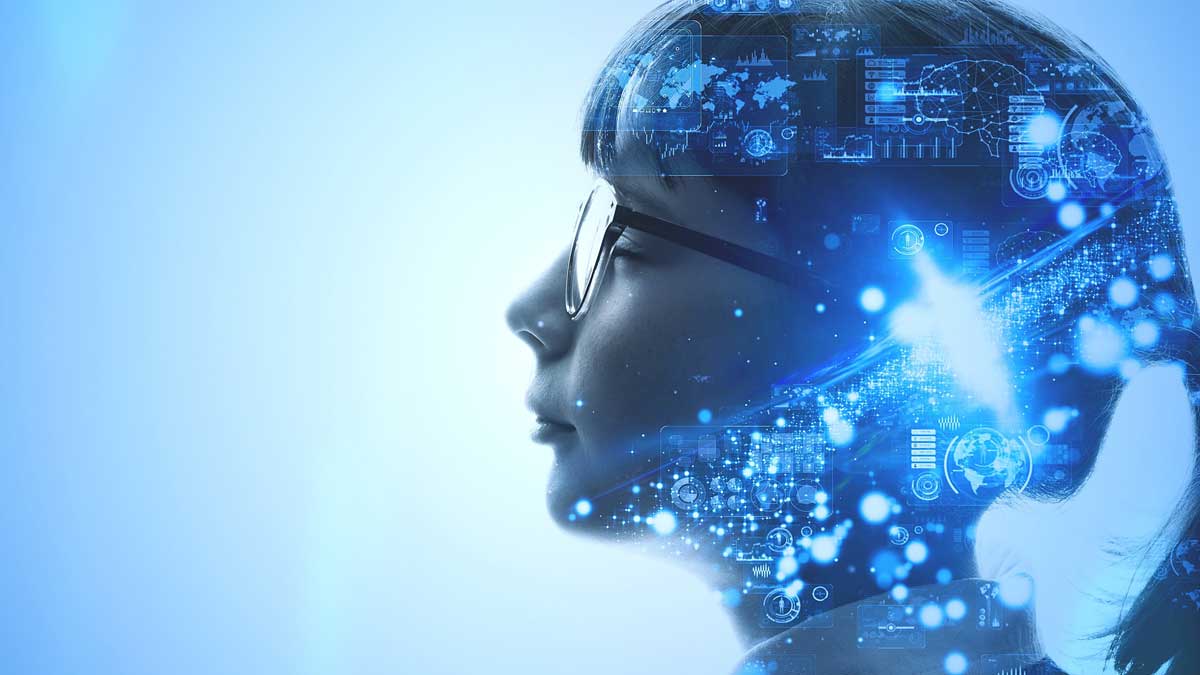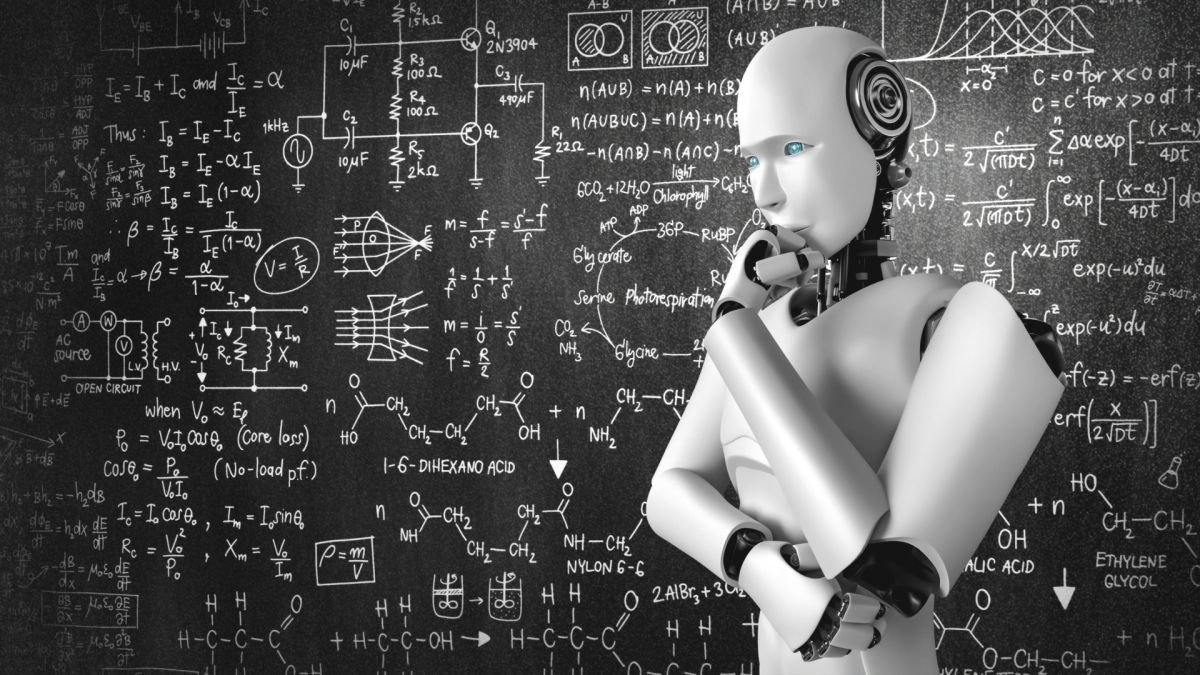Artificial Intelligence (AI) has surfaced as one of the most captivating fields of technology in recent years. Its influence spans across various industries and has the potential to reshape the way we live, work, and interact. But what exactly is artificial intelligence? In this article, we will explore the fundamental concepts of AI, its capabilities, and its impact on society.
Defining Artificial Intelligence
Artificial Intelligence refers to the simulation of human intelligence in machines that are programmed to think, learn, and make decisions independently. It is a multidisciplinary field that encompasses computer science, mathematics, statistics, and other related disciplines. The goal of AI is to develop intelligent systems that can perform tasks typically requiring human intelligence.
Different Types of Artificial Intelligence
- Narrow AI: Is also known as Weak AI, Narrow AI focuses on a specific task or set of tasks. It operates within predefined boundaries and performs tasks with exceptional precision. Examples include voice assistants, recommendation systems, and autonomous vehicles.
- General AI: is also referred to as Strong AI or Artificial General Intelligence (AGI), it represents the ability of machines to possess human-like intelligence. It can understand, learn, and apply knowledge across a wide range of domains, exhibiting cognitive abilities like humans.
- Superintelligent AI: This hypothetical concept refers to AI that surpasses human intelligence across all aspects. Superintelligent AI has the potential to solve complex problems, make discoveries, and excel in any intellectual task beyond human capabilities. However, such AI remains speculative and is yet to be realized.
Key Components of Artificial Intelligence
- Machine Learning (ML): Machine learning is a branch of AI that focuses on the usage of data and algorithms imitating the way that humans learn and gradually improving its accuracy. It involves allowing the model systems to identify series of patterns, predicts, and adjust to new information.
- Neural Networks: Inspired by the human brain’s structure, neural networks are a fundamental component of AI systems. These interconnected layers of nodes, or artificial neurons, process and transmit information, facilitating tasks such as image and speech recognition.
- Natural Language Processing (NLP): is a field of computer science that focuses on teaching computers to understand and communicate with humans using human language.
Applications of Artificial Intelligence
AI has found applications in various domains, including:
- Healthcare: Artificial Intelligence aids in disease diagnosis, drug discovery, personalized medicine, and medical image analysis, enabling better patient care and outcomes.
- Finance: AI is empowered with fraud detection, algorithmic trading, credit scoring and risk assessment, contributing to a more efficient and secure financial systems.
- Transportation: AI enables autonomous vehicles, traffic optimization, predictive maintenance, and route planning, revolutionizing the transportation industry.
- Customer Service: Artificial Intelligence driven chatbots and virtual assistants provide personalized and efficient customer support which helps to enhance customer experiences.
- Manufacturing: AI facilitates automation, predictive maintenance, quality control and supply chain optimization for better productivity and efficiency.
Conclusion
There is no doubt that Artificial Intelligence represents a monumental leap in technological innovation, unlocking new possibilities for advancements in various fields. Its ability to mimic human intelligence and perform complex tasks has the potential to revolutionize industries and improve our everyday lives. However, as AI continues to evolve, it is crucial to address the ethical, societal, and economic implications that come with its adoption.
Governments, organizations, and researchers are actively working to develop frameworks and guidelines that ensure the responsible and ethical use of AI. Initiatives focusing on transparency, fairness, and accountability in AI algorithms are essential to mitigate biases and ensure that AI technologies benefit society.
Furthermore, the impact of AI on the workforce cannot be overlooked. While automation may lead to job displacement in some sectors, it also creates new opportunities for innovation and employment. Reskilling and upskilling programs will play a vital role in equipping the workforce with the necessary skills to thrive in an AI-driven world.
As artificial intelligence continues to evolve, it is essential to strike a balance between leveraging its immense potential and addressing the challenges it presents. With careful consideration and responsible implementation, AI can be a powerful tool that enhances our lives, enables groundbreaking discoveries, and paves the way for a future powered by intelligent machines.





Leave A Comment